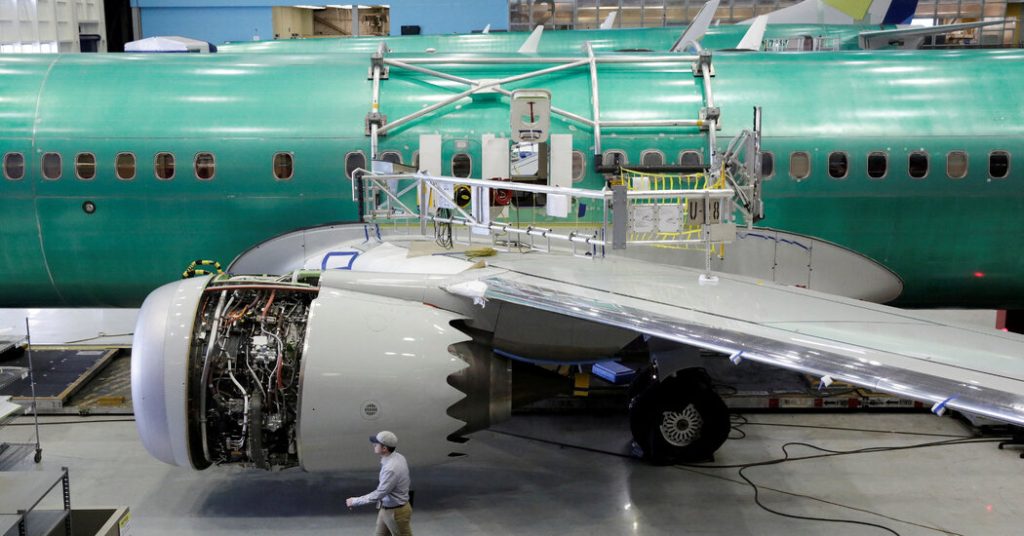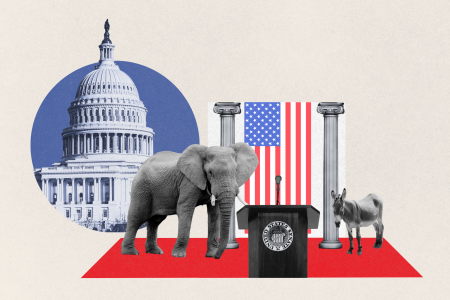Boeing reported a $355 million loss for the first quarter of the year, stemming from a quality crisis that arose from a panel blowout on a 737 Max 9 jet during an Alaska Airlines flight. This incident reignited concerns about Boeing’s practices following two fatal crashes involving 737 Max 8 planes five years ago. Since the flight, the company has taken steps to improve quality, including expanding inspections, changing work procedures, increasing training, and seeking more feedback from employees. Boeing is committed to rebuilding confidence in its regulators, customers, employees, and the flying public.
Boeing’s chief executive, Dave Calhoun, announced plans to step down by the end of the year as part of a broader management shake-up. The company is also in talks to buy Spirit AeroSystems, a troubled supplier that builds the body of the Max jet. The Federal Aviation Administration has increased scrutiny of Boeing, capping 737 production at 38 planes per month and demanding a plan to improve quality by the end of May. Boeing had hoped to increase production next year but is unlikely to meet that goal due to the recent crisis, resulting in a substantial slowdown in deliveries in the first quarter.
Despite the challenges Boeing faces, the company reported 126 net new orders and has an order backlog of 5,600 planes valued at $448 billion. The recent crisis led to lower deliveries, causing difficulties for customers and the company’s financials. Boeing’s commercial plane division reported an operating loss, offset by profits at its defense and services divisions. After the grounding of all Max 9 planes following the Jan. 5 flight, airlines like Alaska and United reported quarterly losses due to the plane’s grounding and frustration with Boeing.
Boeing faced two tense Senate hearings this month, one focused on safety culture criticism and another on concerns raised by a whistle-blower regarding the durability of the 787 Dreamliner. Boeing has denied the whistle-blower’s allegations and emphasized that the plane’s body has shown no signs of fatigue. An F.A.A. expert panel found Boeing’s safety culture remains flawed and that the company had made progress but opportunities for retaliation remain. Boeing has briefly paused work at numerous sites to host quality discussions with employees and has received over 30,000 recommendations for improvements.
To address concerns about focusing excessively on financial results, Boeing announced it would align employees’ pay with quality measures, increasing the weight of operational performance in determining annual incentives in the commercial planes division. Boeing is committed to prioritizing safety and quality above all else, recognizing the importance of rebuilding trust with regulators, customers, employees, and the flying public. The company continues to work towards improving its practices and addressing concerns raised by regulators and stakeholders.














